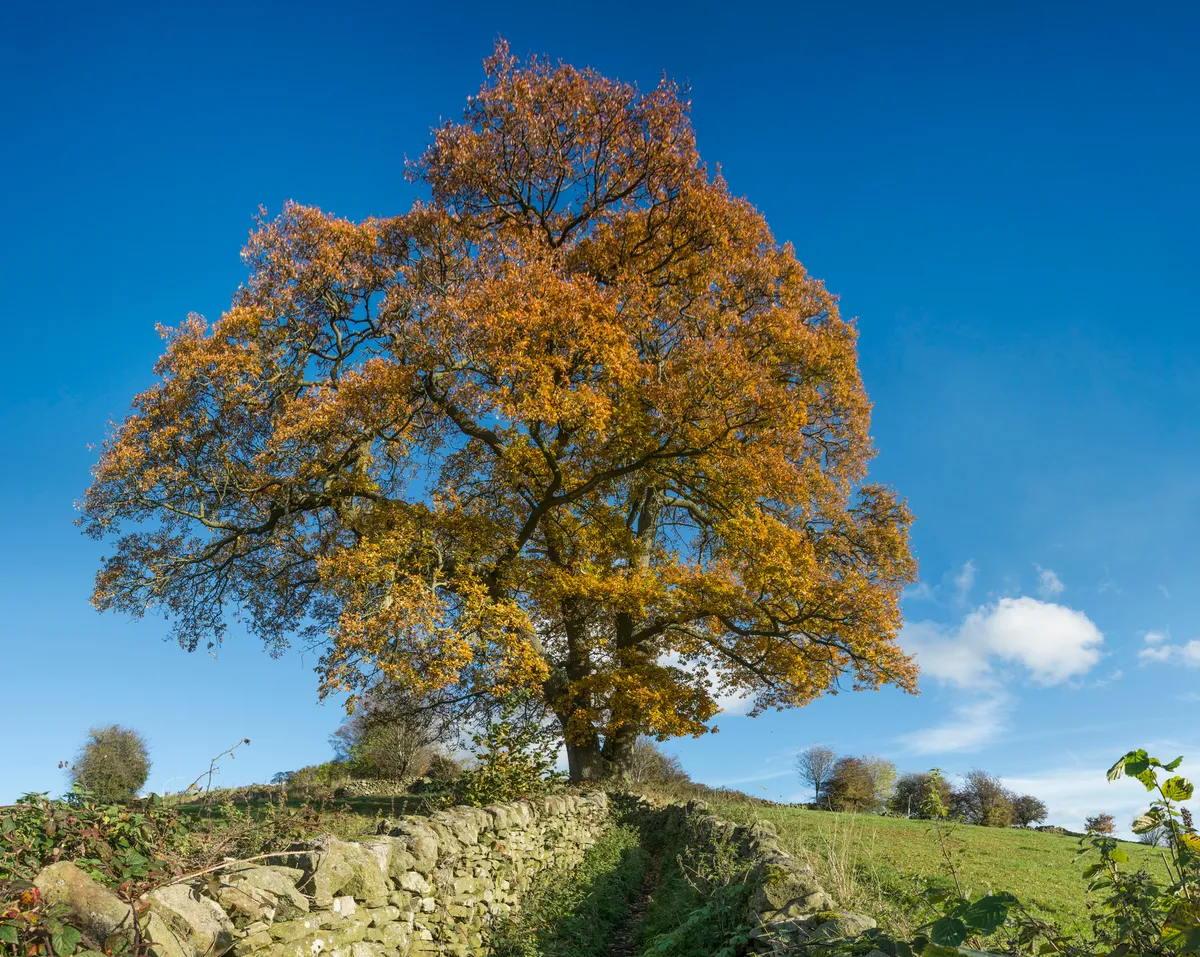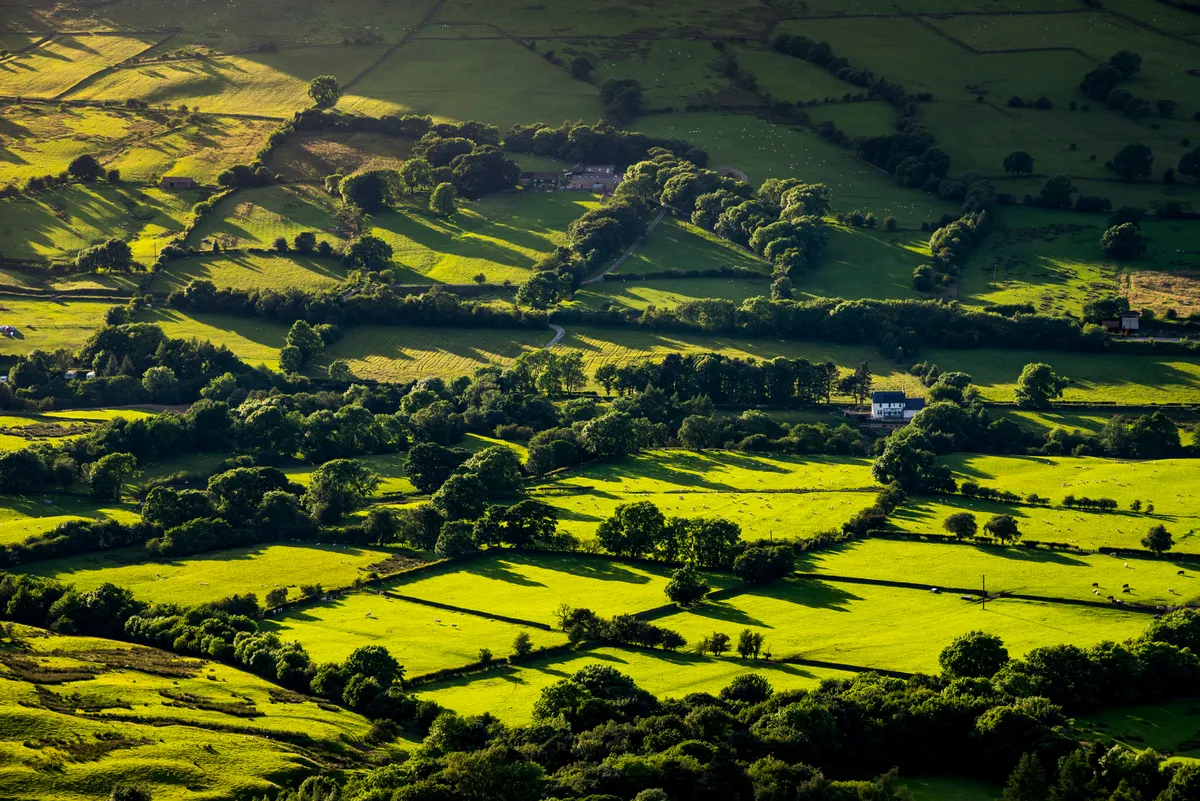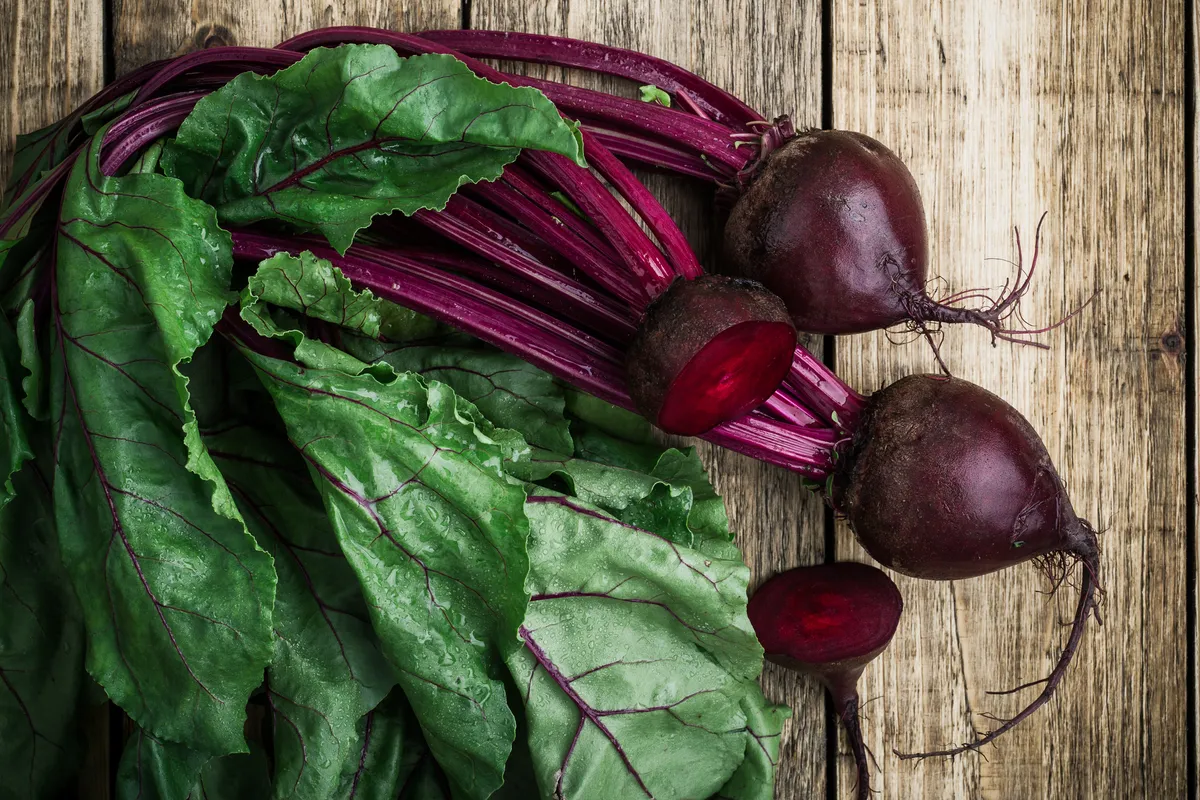I had a very rural upbringing in Hampshire. I was about five or six when I got into gardening. My mum, who was an extraordinary gardener, gave me a bit of the garden to play with and I progressed from there.
Hampshire chalk streams are such delicate intricate ecosystems. There’s nothing like them on a summer’s day.

I have a thing about oak trees. We had a lovely old oak tree at the end of a family walk called the Wishing Tree, which grew on the boundary line of an ancient hedgerow. We would walk three times around it to make a wish. When oaks grow to their full nature they are glorious – I can’t think of a more beautiful tree.
I live next to Highbury Park in Birmingham. Birmingham is very good for magnificent, rural-feeling parks, such as Sutton Park, which is huge and a genuinely free public space. Big parks provide an egalitarian place where everybody has the right to roam. The countryside is owned by someone else, so you’re stuck to rights of way or footpaths and don’t have the same sense of “this is my space, this is my outdoors”.

Our countryside is quite prim and proper – there is very little that is truly wilderness. It’s great when you go to Wales or further north and discover huge wonderful tracts allowing you to be alone. But most people’s experience of the countryside, particularly in the south, is of a much more manicured version, which is a bit sad. However, nobody does a hedgerow like we do a hedgerow. We top-trump a hedgerow.
Large-scale agricultural production makes it hard for people to connect with the countryside. The more food gets factory produced – whether in a factory or factory farmed – the harder it is for people to understand the agricultural process, where they lie in it and what the ethics are. As Wendell Berry said “eating is an agricultural act”. Everyone should understand how their food is produced. Because then you can start making informed decisions about it and what you want to invest in.

If I were a British wild animal, I’d be a brown trout. They’re incredibly beautiful in an understated way and I like the freedom that any fish has in water. Plus, it’s an excellent freshwater fish to eat – so I’ll be eating myself.
If I had a magic wand, I’d like to see what would happen if we’d never had the Enclosures Acts and still had small-scale subsistence farmers, where the land was not owned by the few but by the majority. It would be interesting to watch how that played out and whether our lack of understanding about food and where it comes from has partly been caused by the fact we have capitalised the countryside for the benefit of a few individuals.
My rural hero is Edward Hyams (1910-75), author of Soil and Civilisation, who wrote about the importance of good soil and what a precious resource it is. He influenced Lady Eve Balfour (1898-1990), founder of the Soil Assocation, another hero of mine, as there aren’t many female figures in rural politics and it’s interesting that she was there early on fighting for what matters today.

My favourite British vegetable is the beetroot. You can see wild beets growing in any bit of seaside around Britain and it’s always interesting to see where something has come from, what its crop wild relative looks like. It’s also very easy to grow, you don’t have to have a garden as you can grow beetroot in pots – and it’s delicious.
The recent revocation of the neonicotinoid ban is a short-sighted mistake. Neonicitinoids cost a lot of money to use, there isn’t evidence to show they improve yield and they’ll have a long-term adverse effect on our wildlife. I’m genuinely saddened this decision has been made when so many people, across the board, wanted a different scenario.

